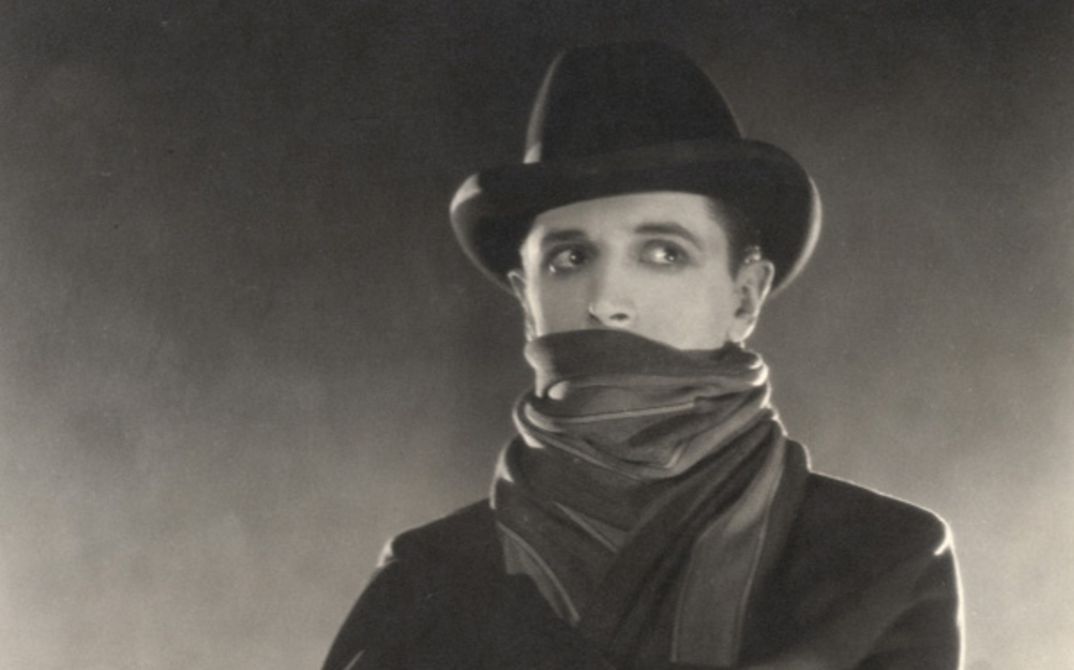GILDA (Charles Vidor, USA 1946, 1. & 11.2.) Location: the closed world of a casino in Buenos Aires. An illegal yet high-class establishment provides the background for criminal machinations. While it may seem as if this luxurious underworld is concerned with nothing less than world domination, everything actually revolves around a woman: Gilda (Rita Hayworth), who is caught between two men. A classic film noir, whose pace and tension are only surpassed by the glorious Rita Hayworth. In an unforgettable scene, she puts the film's leitmotif in a nutshell when she sings "Put the Blame on Mame!".
LES AMANTS DU PONT-NEUF (Léos Carax, France 1991, 2. & 12.2.) Shortly before renovations are due to start, the oldest bridge in Paris becomes the point of convergence and refuge for two people in search of a home: Alex (Denis Lavant), a young drifter, and Michèle (Juliette Binoche), a painter gradually going blind, both withdraw from the raw, hostile world that extends beyond the Pont Neuf. But the bridge turns out to be fragile as the time and world spanning no man's land Alex und Michèle construct there.
THE LAST OF ENGLAND (Derek Jarman, UK 1987, 9. & 19.2.) is a furiously edited and brilliant swan song to England and a rigorous reckoning with the country under Margaret Thatcher. The British Empire has become a rotting nation, a half-world and underworld, with landscapes of ruins and industrial wastelands, death zones and street battles.
YOIDORE TENSHI (Drunken Angel, Akira Kurosawa, Japan 1948, 13. & 20.2.) Gangster film, expressive milieu study, underworld drama: within these parameters, two people wrestle both with one other and themselves. Run-down, alcoholic Doctor Sanada (Takashi Shimura) doggedly urges young gangster Matsunaga (Toshiro Mifune in his first role for Kurosawa) to get treatment for his life-threatening lung condition. But instead of fighting his disease, he channels his energies into a final showdown against his former accomplices. Kurosawa's postwar film is often compared with Roberto Rossellini's "Paisà" (1946) and Vittorio de Sica's "Ladri di biciclette" (Bicycle Thieves, 1948) both with respect to its atmosphere and mood as well as its significance for Japanese cinema.
THE LODGER (Alfred Hitchcock, UK 1926, 14.2., on piano: Eunice Martins) Later dubbed by the director himself as the "first true Hitchcock picture", this is a classic suspense thriller. London is haunted by someone who goes by the name of "The Avenger" and kills young blonde women under cover of darkness. In this climate of fear, the Bunting family's mysterious new lodger raises terrible suspicion. Is he the wanted murderer? The expressionist lighting, the dark sets, the shadows and mirror effects reveal Hitchcock's interest in German cinema at the time.
WERCKMEISTER HARMONIAK (Werckmeister Harmonies, Béla Tarr, Hungary/G/F 2000, 15. & 18.2.) In the middle of a snowless, bitter cold winter an alien world violently descends on a small town in the Hungarian lowlands, threatening the social order. A travelling circus arouses the curiosity of the locals who queue in their hundreds to see the main attraction - a stuffed whale, behind whom hides a mysterious prince. Their wait culminates in an inexplicable uprising. An apocalyptic wave overcomes the whole region leaving nothing and nobody untouched. A bleak atmosphere hovers over Béla Tarr's expressive black and white film, an apocalyptic vision of the struggle between barbarism and civilization, with images of great intensity.
DNI ZATMENIYA (Days of Eclipse, Alexander Sokurov, USSR 1988, 16.2.) Loosely based on Arkady and Boris Strugatsky’s novel Definitely Maybe, the film tells of a young recently-qualified doctor who is sent to a town in remote Turkmenistan. In a world that is completely alien to him, he is bombarded with bizarre impressions and snippets of Russian, Turkmen, Armenian and Italian. The footage, which almost seems as if from a documentary, makes the town on the Caspian Sea seem like a place with its own laws that have an impact on the inner lives of the film’s protagonists.
(mg/al)



